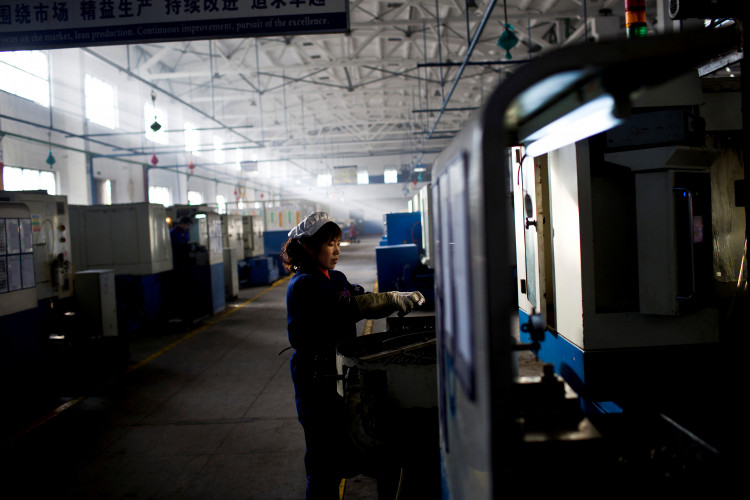Beijing, Sept 4 - Hangzhou, Wuhan, and Jinan have claimed the top spots in the Milken Institute's 2023-2024 Best-Performing Cities Index, with Chinese cities that have strategically invested in emerging technologies showing resilience despite the country's real estate crisis and U.S. sanctions.
According to the report, the economic vitality and growth prospects of major Chinese cities have been severely impacted by the country's property struggles and external pressures. Cities like Zhuhai, Dongguan, and Zhengzhou have suffered the most, with real estate-related declines contributing to their drop in rankings.
The index, which has tracked the economic performance of Chinese cities since 2015, ranked Hangzhou-home to tech giants such as Alibaba-first among 217 cities. Hangzhou's success is attributed to its evolution into a hub for e-commerce, manufacturing, and financial services.
Wuhan, the capital of Hubei province, made a remarkable leap from 29th to second place, with Perry Wong, Managing Director of the Milken Institute's China division, crediting the city's swift recovery during the COVID-19 pandemic by keeping its factories operational. Jinan, the capital of Shandong province, rose to third place, with Changsha and Chengdu rounding out the top five. These cities have benefited from their diversified economies and thriving information technology sectors.
However, the report also highlighted the significant challenges faced by some cities, particularly those heavily reliant on the property sector. Zhuhai, once seen as a rising star in southern China, experienced a steep decline, falling 32 places to 157th due to a slumping real estate market. "Suddenly, no one is buying houses," Wong told CNBC, adding that real estate developers in Zhuhai lack the funds to complete their projects.
"Zhuhai is otherwise a prime location for service-sector jobs and even high-tech manufacturing," Wong added, suggesting the city still has potential for future growth once the real estate drag is addressed.
Real estate and related sectors previously contributed over a quarter of China's GDP, but Beijing's crackdown on developers' debt-fueled expansion, which began in 2020, has weighed heavily on growth. Wong noted that this slowdown has hampered the growth of several major cities beyond Dongguan.
Dongguan, known as the "world's factory" and home to Huawei's vast European-style campus, has also been hit by U.S. sanctions. The city's ranking dropped 15 places to 199th, largely due to its reliance on exports impacted by geopolitical tensions.
Zhengzhou, the capital of Henan province and home to iPhone manufacturer Foxconn, has similarly been affected by global supply chain disruptions and trade tensions. Once ranked third, the city plummeted to 22nd in the latest index.
Despite these setbacks, cities like Hangzhou and Wuhan highlight the importance of emerging industries such as artificial intelligence, autonomous vehicles, and electric vehicles, which are driving economic resilience and growth. "China's strategic shift towards tech innovation is breathing new life into its growth engine," Wong said.





